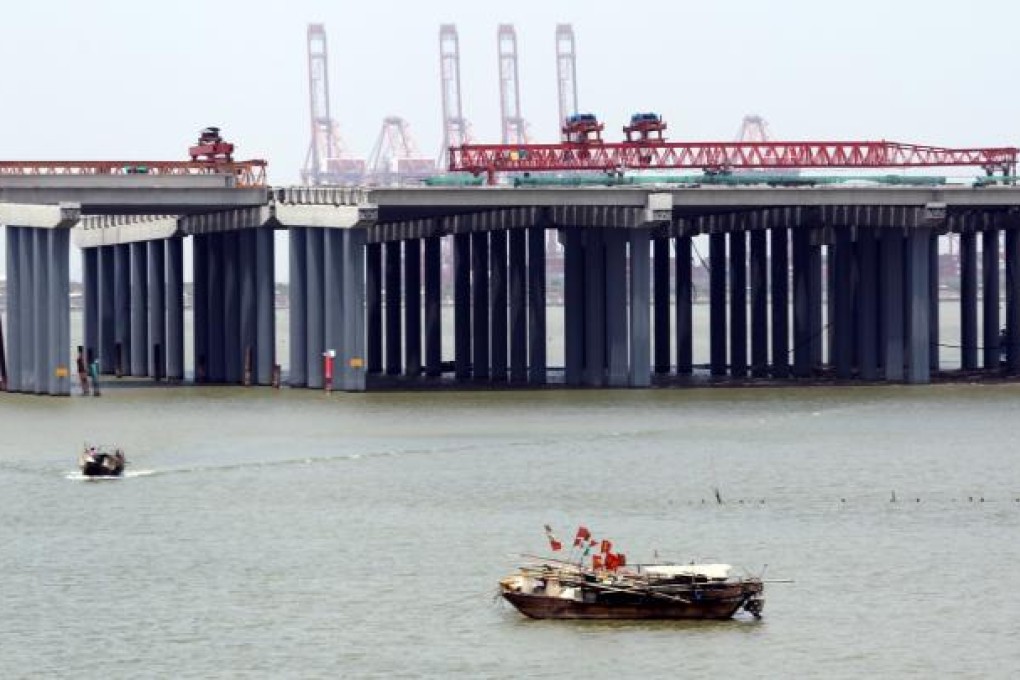China's services push a challenge for Hong Kong
Jeffrey Lam says we must learn to work with, and beat, emerging cities

China's aggressive push to develop modern service industries as its primary economic growth engine is posing opportunities and challenges for Hong Kong.
In his political report delivered at the opening of the 18th Communist Party congress last month, President Hu Jintao said the country must develop its service industry, particularly its modern service industry.
His remark both established the importance of China's modern service industry as its primary growth engine and marked the end of China's growth model driven by exports and foreign investment.
The global economic downturn brought about by the financial crisis in the US and the debt crisis in the euro zone has forced China to rely increasingly on domestic consumption. The party congress set the goal of doubling both its gross domestic product and its people's incomes by 2020 compared with 2010. To do that, China will have to average 7.2 per cent of growth annually in the next eight years.
China's efforts to strongly develop its modern service industries - in the areas of finance, shipping, hi-tech innovation and leisure tourism - will bring fresh opportunities to Hong Kong companies, as the mainland needs our excellent service industries to help upgrade its industries.
Besides our proximity to the mainland, we also have the Closer Economic Partnership Arrangement (Cepa), covering 48 service areas, including legal services, conventions and exhibitions, as well as banking and accounting.
Under the pact, the Qianhai Development Plan has designated Qianhai - located within the Shenzhen special economic zone - as a modern service industry co-operation zone for Hong Kong and Guangdong where Hong Kong professionals will be allowed to work. If this co-operation works in Qianhai, it can then be expanded to other cities on the mainland.